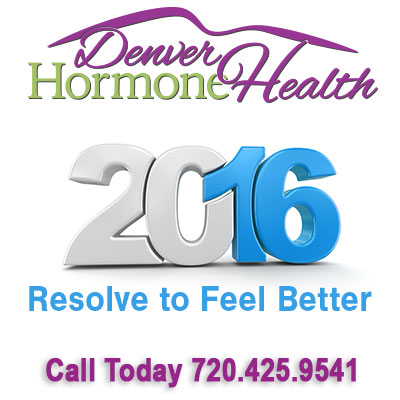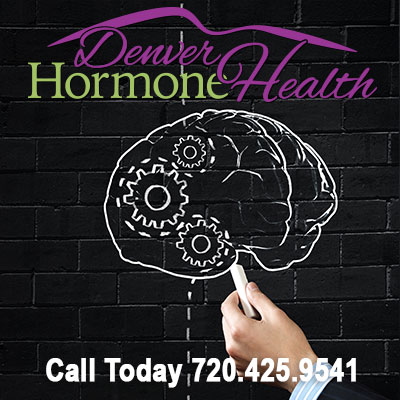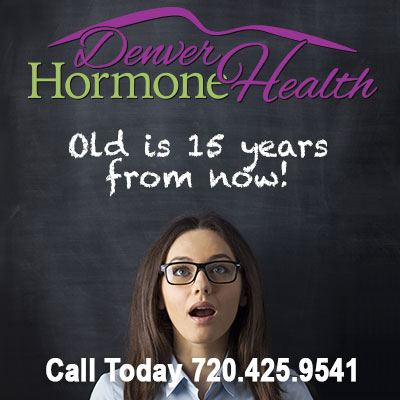The Best of Intentions
 According to the Nielsen Report, each January, roughly one in three Americans resolve to better themselves in some way. A much smaller percentage of people actually make good on those resolutions. While about 75% of people stick to their goals for at least a week, less than half are still on target six months later. Willpower battles Temptation. It wins, and you lose. Gung-ho can turn to going, going gone in a heartbeat. Forget thinking mega anything.
According to the Nielsen Report, each January, roughly one in three Americans resolve to better themselves in some way. A much smaller percentage of people actually make good on those resolutions. While about 75% of people stick to their goals for at least a week, less than half are still on target six months later. Willpower battles Temptation. It wins, and you lose. Gung-ho can turn to going, going gone in a heartbeat. Forget thinking mega anything.
GET WITH THE PLAN
There is a lot of help out there. You don’t have to be a statistic. Expand your vision. Set yourself up for success. Don’t plan on making drastic changes day one. Rather, make small changes day by day. “I’m going to lose 20 pounds in 3 weeks” isn’t a plan. Nor is “I’m going to join an expensive gym and go 6 times a week.” Acknowledge that old habits die hard and that there is no hard and fast track to feeling fabulous, and having the energy to take on the world. Set out a plan that incorporates exercise, nutrition, health and honesty. No one can sabotage you but yourself. Discover the incredible power of goal setting and actually making them score. You need to instill new habits, learn new skills and develop a new philosophy on life in order to make 2016 unlike any other year you had in the past.
BLUEPRINTS FOR HEALTHY LIVING
There probably isn’t much you haven’t Googled when it comes to your health. According to Simon Rogers, a data editor for Google News Lab, here are some that top the list: “Is bronchitis contagious?” “ Is pneumonia contagious?” “How much water should I drink?” “ How many calories should I eat?” “ What is lupus?” “What is gluten?”
Maybe it’s time you question what you’re questioning. Start making that frantically used search engine search for the right thing. Start with one thing, let’s say exercise. Find out exactly what it can do for your body, mind and overall health, and the ways not exercising can be harmful. It’s all out there.
Then move on to nutrition. You’ll learn exactly what you should and shouldn’t be eating for optimum health. No guessing. Just medical fact. You’ll see how easy this can be and that it doesn’t involve deprivation or starvation. There are charts and data that spell it out.
So take notes.
TECH TO THE RESCUE
In addition to diet and exercise, some consumers are steadily employing technology to help them achieve their goals. Our phones have transformed us into the app addicted, but some of them are actually healthy. The growth in health and fitness app usage has skyrocketed. Tracking personal fitness is at your fingertips. Literally. Mobihealthnews reported 46 million users accessed health apps, on average, 16 times per month, using them for close to an hour. The most commonly downloaded and used health apps are those pertaining to personal fitness and nutrition. In detail, according to a study published in The Journal of Internet Medical Research, 53% tracked physical activity, 48% tracked food consumption, 47% monitored weight loss and 34% gave exercise instructions. What these apps don’t do is help you follow the blueprint you laid out for overall health. You need to think of them as a sometime tool. Nothing will help you stick to the program but you.
GROWING TO BE THE BEST VERSION OF YOURSELF DOESN’T HAPPEN ON ITS OWN. EVEN IF YOU’RE LIVING A HEALTHY LIFESTYLE WITH GOOD NUTRITION AND REGULAR EXERCISE, YOU’RE NOT GOING TO GET THE MOST OUT OF IT IF YOUR HORMONES ARE OUT OF BALANCE. THAT’S WHY YOU SHOULD ADD DR. STEPHEN A. GOLDSTEIN, M.D., F.A.C.S. TO YOUR PROGRAM. AT DENVER HORMONE HEALTH HE’LL DISCUSS HOW BALANCING YOUR HORMONE DEFICIENCIES WHEN COMBINED WITH DIET AND EXERCISE CAN INCREASE YOUR STRENGTH, STAMINA, MOOD AND MOTIVATION TO FEEL YOUR ABSOLUTE BEST. YOU CAN PLAN ON IT.

 28OUT WITH THE OLD
28OUT WITH THE OLD OUT WITH THE OLD
OUT WITH THE OLD